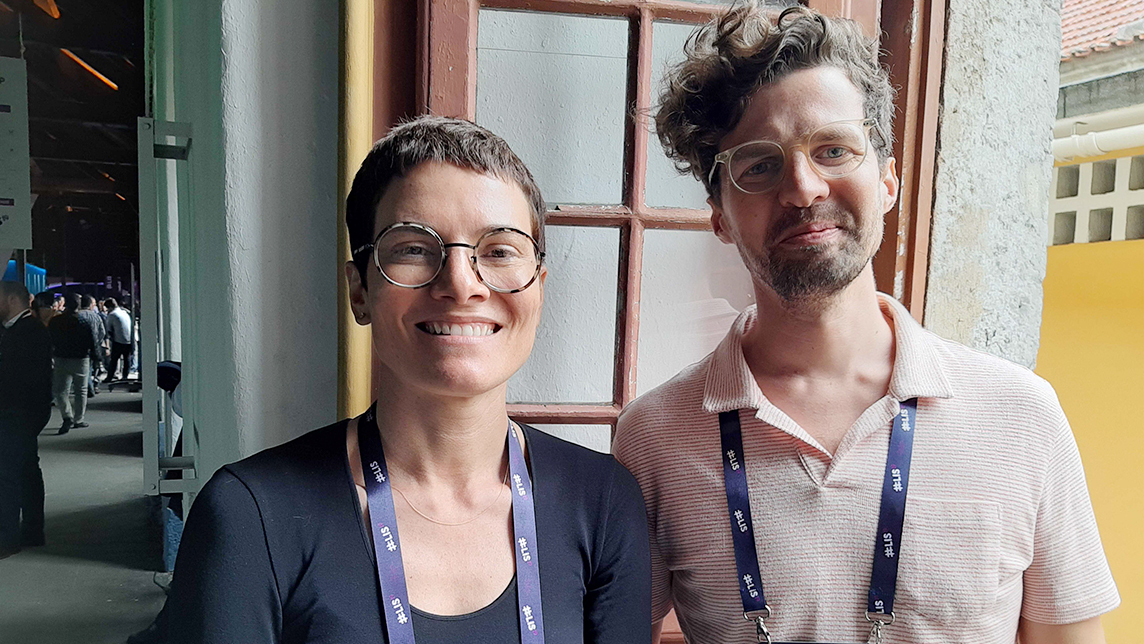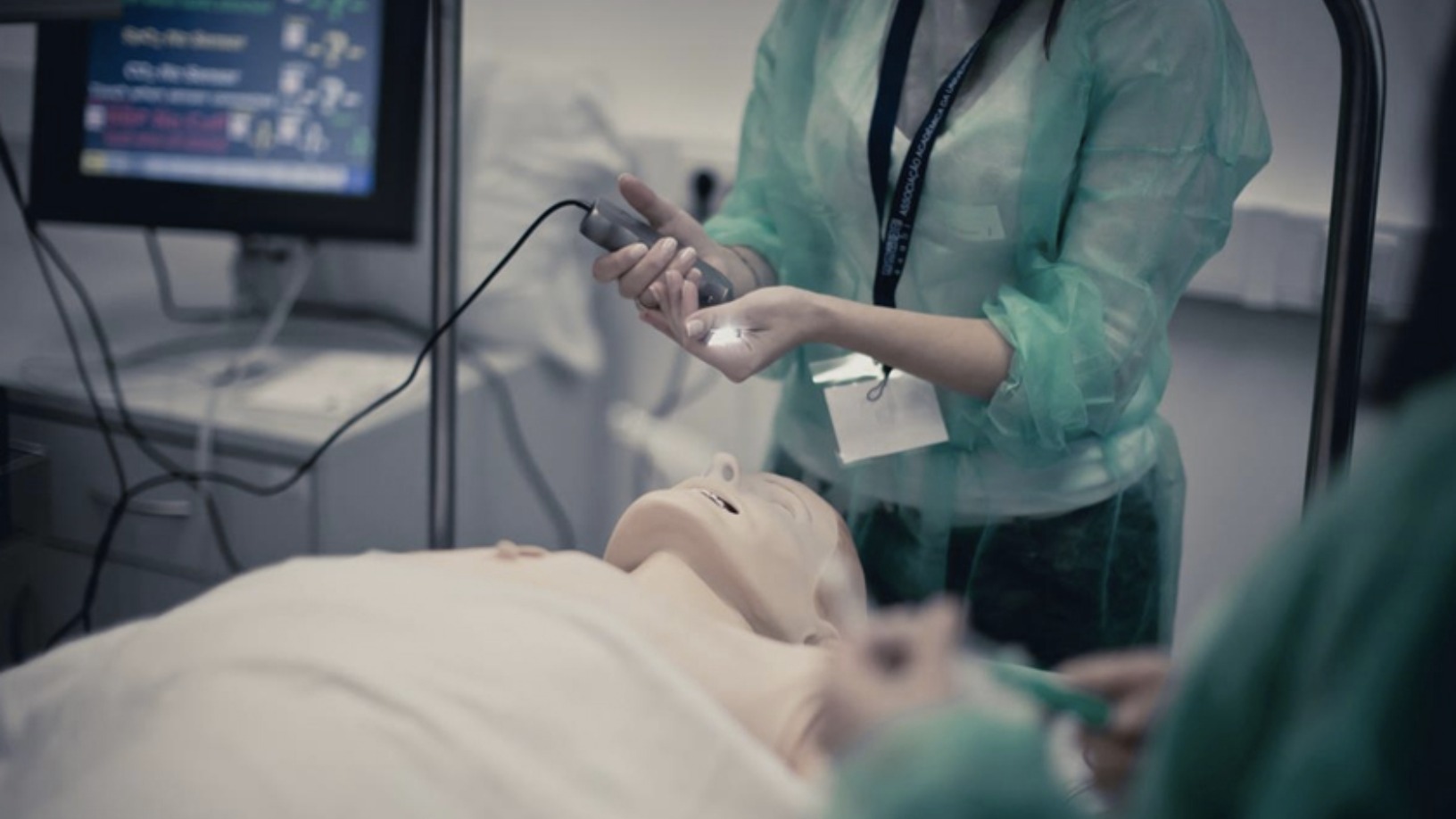Barcelona-based startup IOMED Medical Solutions was born when the co-founders detected a major problem across local and national health services: a large percentage of highly valuable medical information was not readily searchable, slowing down clinical research.
Hence IOMED's software aims to facilitate the clinical research vital to launching new medications. Such research has often been abandoned due to an inability to locate sufficient trial candidates as a result of unstructured relevant clinical data. The software reduces the time spent on finding candidates for medical research by 90% and triples the number of candidates for a trial. It is currently in use in 27 Spanish hospitals, including prominent centers of medical research such as Barcelona's Vall d'Hebron Hospital.
In the case of Covid-19, the lack of data agility in the searchability of possibly vital clinical observations could cost further lives. Thus, IOMED's medtech software is helping Spanish research into the coronavirus by facilitating the input and search of data on diagnosis, symptoms and treatment, speeding up response and enabling best-practice to save more lives across Spain as a second wave begins.
The financial implications for the multi-billion healthcare and pharma sectors are highly significant. Co-founder and CEO Javier de Oca cited research from the McKinsey Global Institute to demonstrate the possible impact of IOMED's software: “The wide-scale analysis of this [clinical] information could bring savings of up to 8% of total annual healthcare spending, which, in the US alone, would translate into $300bn dollars,” he told media.
“However, to take advantage of this information, the data needs to be structured and codified. Currently, up to 85% of the healthcare information generated by the hospital system is stored in an unstructured format, meaning free text. The irrefutable solution lies in structuring this information in an automized way.”
This is the premise of IOMED's product offer. Spain, the only market in which IOMED currently operates, is a world leader in clinical investigation and the software could save a potential €6bn out of a total €75bn annual healthcare spending.
Streamlining Covid-19 data
In recent months, the company's software has enabled text-based data on Covid-19 patients in hospital systems across different regions of Spain to be automatically structured and extracted using Natural Language Processing (NLP) and subjected to AI-powered analysis. This data includes discharge reports, prescriptions and medical notes vital for researching any condition but especially for a recently-discovered pandemic.
Until now, all searching of data entered as text in electronic health records (EHRs) in Spain and other nations has had to be performed manually – a laborious and time-consuming exercise. In Spain alone, up to 85% of data from 300m annual doctor and hospital visits is entered as text and unsearchable as a result.
By enabling automated analysis of the data contained in Covid-19 patient EHRs, IOMED's data on patients, symptoms and the efficacy of different treatments is providing structured, extractable big data on the pandemic in Spain. IOMED’s algorithms automatically locate and extract information of interest and then build models helping to predict who is at most risk of being infected, of being hospitalized or of dying.
“Researchers spend months searching for the right patients for clinical studies, with a great amount of manual data-taking on those patients,” said co-founder and Chief Security Officer Álvaro Abella Bascarán, a self-taught developer. “IOMED is an intermediary between pharmas and hospitals, collaborating with hospitals to organize their clinical data and structuring it so that each hospital has a database ready to do clinical studies. Pharmas can then go to the hospital with their list of requirements and easily find what they need.”
Vitally, the software, available in four different packages according to user need, adheres to European GDPR regulations, with information held only by each participating hospital and containing no personal information. The software converts each medical center’s EHRs into a single structured and codified database in real time, allowing the automated search of millions of variables using NLP – for example, permitting search variables such as “present treatment” or “past pain experienced.”
UK and Germany next
The software in use in the Catalonian healthcare system, with its two official languages, also importantly recognizes both languages in storage and use. Data is optimized to cope with the massive pipeline required, especially when processed in hospitals with limited CPUs. Another major advantage of the software is that it requires no changes to workplace practice or disruption to existing systems.
In September 2020, the startup secured a seed round of €2m to assist it in its continued march across Spain, and to enter Europe's two biggest clinical research centers Germany and the UK, requiring the development of different language versions of its software. The round was led by Adara Ventures, the Luxembourg-based investor with a Spanish presence.
“IOMED is a game-changer in clinical research, bringing incalculable value by streamlining the long data-compiling processes that tend to put an end to a high percentage of clinical studies,” said Rocío Pillado, Partner at Adara Ventures. Other participating investors included Austria's Speedinvest and previous investor VC Easo Ventures.
IOMED charges pharmas for access to the data gathered, with its software implemented free-of-charge in 27 hospitals to date. In 2019, the second year of commercial launch, the startup exceeded its revenue expectations by a third and generated €400,000. In 2020, the company expects to double its revenues.
The idea for IOMED was born in 2014, when co-founder and CTO Gabriel de Maeztu experienced his own time-consuming tedium by hand-compiling data for a clinical study. Spurred by his negative experience to automate manual inputting of clinical data, he got together with bioinformatics doctor Abella and former food industry product manager de Oca. IOMED was finally launched as a company in 2016 after two years spent in development, with pilots of its first software starting at Hospital Vall d'Hebron in 2017.















